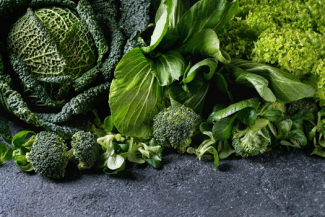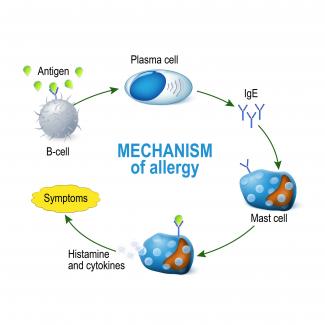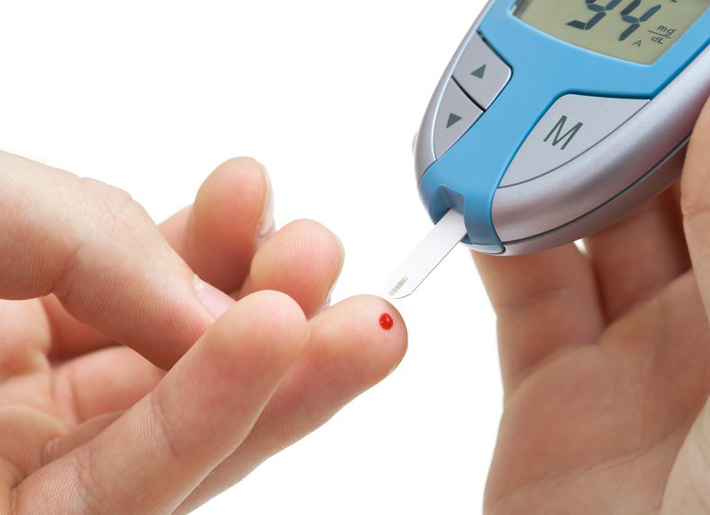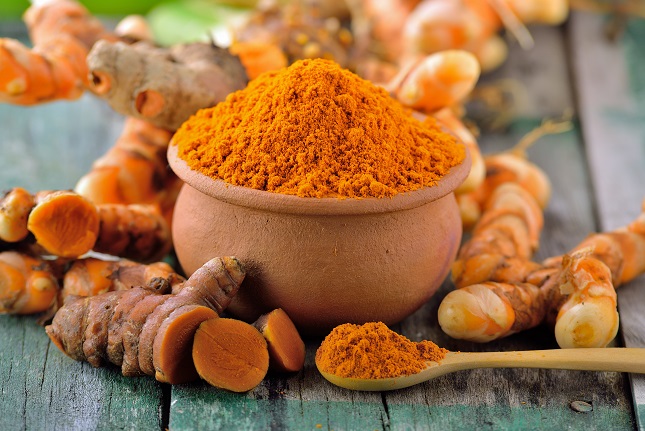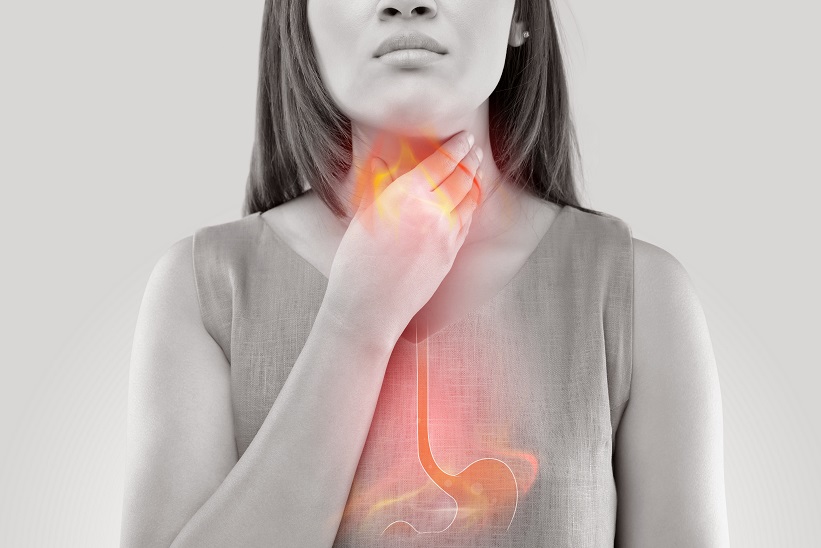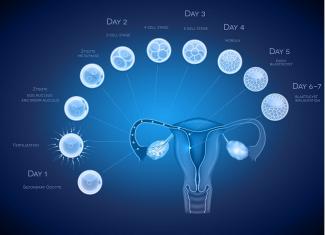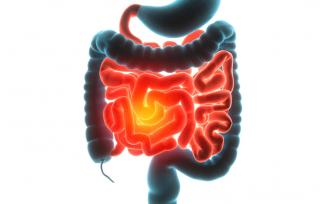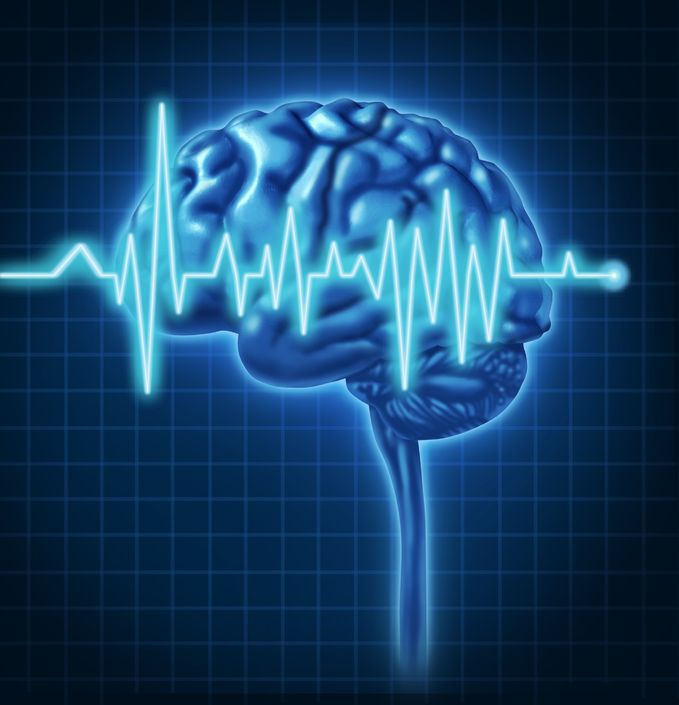Related Articles
- 06 Jan 22
Small intestinal bacterial overgrowth (SIBO) happens when overall bacterial population increases abnormally in the small intestine—especially types of bacteria not commonly found in that part of the digestive tract. Once they reside in the small intestine, they can cause numerous symptoms because they ferment foods like fibres and sugars, which would normally occur in the large intestine.
- 05 Jan 22
The stresses of the last two years have created an epidemic of anxiety. In 2021, the rates of anxiety disorders across the population in the US were estimated at 19.1% in the past year and 31.1% in lifetime prevalence, which refers to the number of individuals ever having had the disease during their lifetime.
- 01 May 21
With spring come seasonally grown local foods and green leafy vegetables (GLV) become more desirable for quality, and especially for their overall health benefits. Examples of GLV include salads, kale, broccoli, collard greens, spinach, mustard greens, etc.
- 01 May 21
One of the most important topical products to consider in the realm of mitigating the degree of extrinsic photoaging is that of regular sunscreen use.
- 02 Aug 19
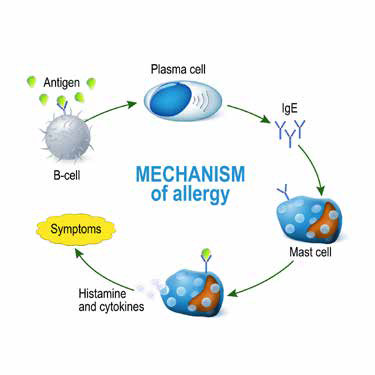 Spring has finally arrived and with it has come lots of sunshine, birds coming out to play, and unfortunately, also a lot of sneezing, runny noses, and congestion. For allergy sufferers, this time of year can be both a blessing and curse. While the most effective way to deal with your allergies is to prepare your body 2-3 months BEFORE "allergy season", there are still ways you can help reduce symptoms.
Spring has finally arrived and with it has come lots of sunshine, birds coming out to play, and unfortunately, also a lot of sneezing, runny noses, and congestion. For allergy sufferers, this time of year can be both a blessing and curse. While the most effective way to deal with your allergies is to prepare your body 2-3 months BEFORE "allergy season", there are still ways you can help reduce symptoms. - 20 Sep 19
 Progesterone is a wonder hormone. We know that it is important with respect to reproduction, as it helps maintain a pregnancy; however, it is also extremely important for females who are not trying to conceive. Low progesterone has been a phenomenon I have noticed consistently in practice, affecting all ages from teens to menopausal females. But why?
Progesterone is a wonder hormone. We know that it is important with respect to reproduction, as it helps maintain a pregnancy; however, it is also extremely important for females who are not trying to conceive. Low progesterone has been a phenomenon I have noticed consistently in practice, affecting all ages from teens to menopausal females. But why? - 17 Oct 19
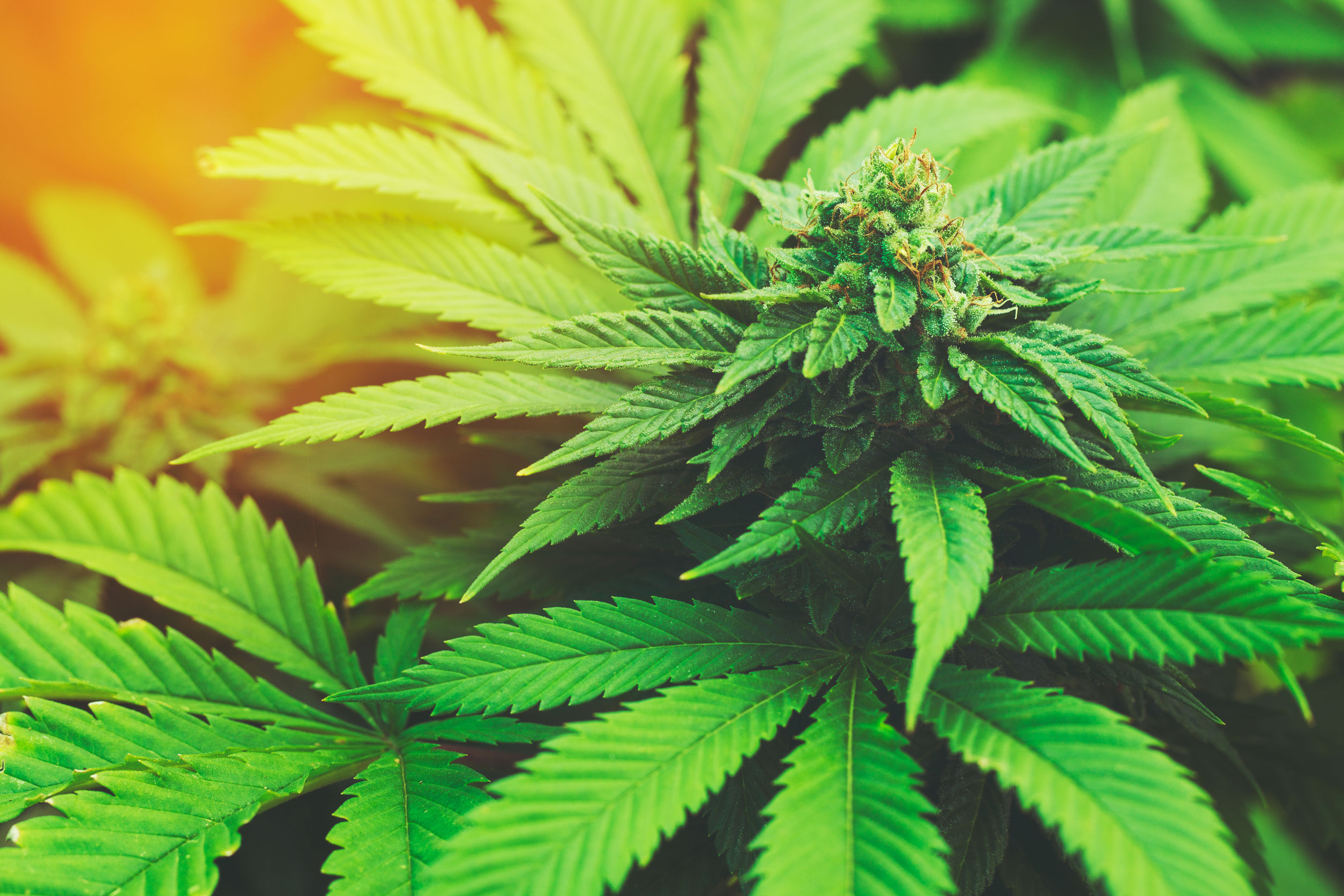 In light of its legalization in Canada, cannabis has been receiving a lot more attention lately, especially when it comes to its medicinal use and ability to help with pain management. While cannabis does seem to show promise in the area of pain management, what’s even more noteworthy is that all this hype can help increase awareness into the power of plants in general and the important role they can play in healing. Many plants have been used for centuries for concerns like pain management and now even have the research to back them up.
In light of its legalization in Canada, cannabis has been receiving a lot more attention lately, especially when it comes to its medicinal use and ability to help with pain management. While cannabis does seem to show promise in the area of pain management, what’s even more noteworthy is that all this hype can help increase awareness into the power of plants in general and the important role they can play in healing. Many plants have been used for centuries for concerns like pain management and now even have the research to back them up. - 02 Sep 15
 Type 2 diabetes is a condition where the body does not make enough insulin or is not sensitive to the insulin that is produced. Because insulin is needed to drive glucose into the many of the body’s cells, this leads to a state of chronic hyperglycemia (elevated sugar) in the blood. Early signs of hyperglycemia include polydipsia (increased thirst),
Type 2 diabetes is a condition where the body does not make enough insulin or is not sensitive to the insulin that is produced. Because insulin is needed to drive glucose into the many of the body’s cells, this leads to a state of chronic hyperglycemia (elevated sugar) in the blood. Early signs of hyperglycemia include polydipsia (increased thirst), - 07 Jul 17
 Hives happen when there is a skin reaction that causes red or white itchy welts. They might vary in size and come and go depending on how the reaction progresses. They are often circular or oval in shape. Urticaria is the medical term for hives and if hives happen chronically, then it’s often referred to as chronic urticaria.
Hives happen when there is a skin reaction that causes red or white itchy welts. They might vary in size and come and go depending on how the reaction progresses. They are often circular or oval in shape. Urticaria is the medical term for hives and if hives happen chronically, then it’s often referred to as chronic urticaria. - 05 Jul 19
- 06 Dec 18
The core of diabetes prevention and treatment relies on diet modification and exercise. The outcomes delivered when such strategies are utilized are of a very large and important magnitude. Yet, the ability to include a supplemental strategy to enhance these outcomes is certainly desirable.
- 18 Dec 17
Green tea is made from the leaves of the plant Camellia sinensis and has been used as a medicinal herb for over 4000 years. Many health benefits are attributed to the catechin and caffeine content, as well as that of the compound -theanine, accounting for about 50% of the total amino acids from these tea leaves.[1] In addition to chemoprotective properties, green-tea consumption has been shown to enhance...
- 06 Dec 18
Gastrointestinal reflux disease (GERD) is the backwards flow of stomach contents into the esophagus, often referred to as “heartburn” or “acid reflux.” GERD most commonly results from increased abdominal pressure or a dysfunction of the lower esophageal sphincter (LES), a bundle of muscles located at the end of the esophagus where it meets the stomach.
- 19 Jun 19
- 18 Jan 19
Most of us have heard that skin is the largest organ of our body. Our skin plays a crucial role in protecting us from pathogens and the elements, helping us eliminate waste material, regulating our body temperature, and conveying messages through the sensation of touch. It is a complex organ that is affected by our inner and outer environments, and we cannot talk about skin without talking about other organ systems.
- 18 Mar 19
Cold weather drives humans indoors, which means we endure each other’s bacteria, viruses, and other pathogens more frequently.
- 15 Dec 17
The incidence of cancer has never been higher. We are seeing a steady increase in cases each year. It is estimated that in 2016 we saw 1.6 million new cases, with breast, lung, prostate, and colon cancers topping the list. Why are more people getting cancer? A carcinogen is a substance capable of causing cancer in living tissues. Its hard to conceptualize the numerous and varied forms of carcinogens we are exposed to daily...
- 07 Feb 18
In media today, inflammation is depicted as having a negative influence on health but for good reason. Inflammation is related to many disease processes especially those involved in auto-immune conditions such as Crohn’s disease, arthritis; asthma (1). It is easy to forget that the inflammatory response as part of the immune system is itself an adaptive process to aid in healing.
- 17 May 18
A fairly common but often underrecognized condition I encounter as a naturopathic doctor is “chronic yeast infection”; something you may have heard of. It is also sometimes called Candida overgrowth syndrome (COS). This condition can manifest through a variety of mild, systemic, nonspecific symptoms, which may go unexplained and untreated for months or even years at a time for many patients.
- 18 May 18
These days, it is quite rare to meet someone who does not identify with fatigue or stress on some level. Adrenal insufficiency is a common diagnosis amongst naturopathic doctors and alternative practitioners, but few will fully investigate the extent of the insufficiency and determine the right herb for the right person.
Newsletter
Most Popular
- 26 Sep 13
- 17 Jun 13
- 17 Jun 13
- 17 Jun 13
- 01 Jul 13
- 17 Jun 13
- 17 Jun 13
- 17 Jun 13
- 01 Jul 13
- 17 Jun 13
- 17 Jun 13
- 17 Jun 13
- 01 Jul 13





